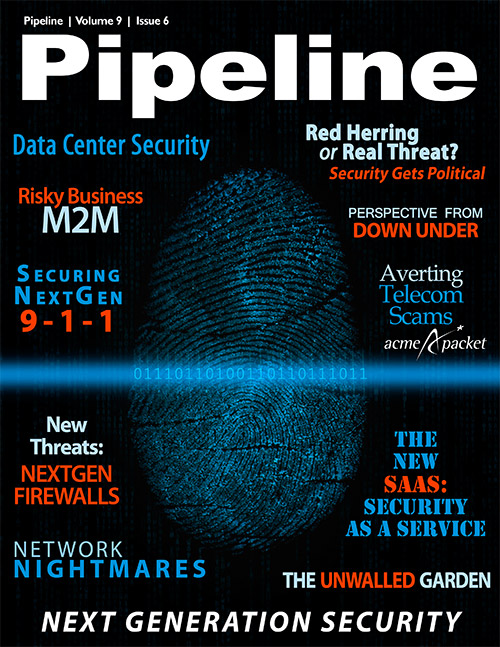Red Herring or Real Threat? Security Gets Political
Politicians running for everything from local city councils to even the most politicized, publicized national contests regularly, angrily demand “fairer” trade with China as a tool to create jobs and bolster a struggling economy.
Huawei, which recently overtook Ericsson as the largest telecommunications equipment manufacturer in the world, was founded by the somewhat mysterious ex-military officer Ren Zhengfei, regularly
cited by Forbes and other organizations as one of the richest and most influential people in China. Huawei is privately owned by its employees and not publicly traded on any exchange, nor is it
subject to the transparency rules required for a publicly traded company. ZTE, the world’s fifth-largest equipment manufacturer, on the other hand, is publicly traded in notoriously
regulation-light Hong Kong, but that hasn’t done much to help its lackluster image. ZTE was founded with close ties to the Chinese Ministry of Aerospace.
The U.S. market for both ZTE and Huawei for their network equipment is fairly small — low single digits for both. Instead, handset sales through U.S. mobile carriers are what make up the current
bulk of the companies’ stateside action. Both had big plans for expansion in this country but will have to kiss them goodbye.
ZTE was recently investigated by the U.S. Department of Commerce for selling American-manufactured equipment to Iran, in violation of ratcheted-up sanctions against the Middle Eastern regime.
Worse, the marked-up equipment is alleged to have been used by the Iranian government to suppress protest and censor content unfriendly to its current leadership; Reuters reported that after the
sale of the equipment to Iran, the repressive government was “far more capable of monitoring citizens” than before.
Things went from worse to really worse after ZTE’s Texas-based attorney Ashley Kyle Yablon turned whistle-blower and the investigation was handed over to the FBI, which found evidence of
obstruction and a cover-up in relation to ZTE’s dealings with Iran. (Not exactly something a company wants to brag about in a press release to the investment community.) And in mid-October ZTE
announced brutal losses totaling as much as $280 million over the last nine months.
Huawei has also lost opportunities in the U.S., not the least of which was a partnership with Symantec because the security organization feared losing access to classified information about
cybersecurity threats if it continued to deal with the Chinese company. Symantec moved to sell off its 49 percent stake in Huawei, thus ending a four-year relationship.
The House Intelligence Committee’s report cites concern that Chinese spies would use ZTE and Huawei’s gear to gather intelligence or even unleash malware with the intent to cripple the U.S.
telecommunications infrastructure. But the problem remains: of the five major telecommunications equipment providers — Huawei, ZTE, Alcatel-Lucent, Ericsson, and Cisco — all of them source some
components from China, so if the argument is one of national security it’s going to be difficult to build out a 21st-century broadband network without a little help from the country.
A request to the largest gear manufacturer in the world, Ericsson, for comment on how it can guarantee security with sourced components from China remained unanswered by press time.
Huawei and ZTE have proposed contracting with organizations like Electronic Warfare Associates that are trusted by the U.S. government to test high-tech gear. But the House Intelligence Committee
report seems to dismiss that approach.
The Chinese are apoplectic about the report and subsequent U.S. ban and have signaled they aren’t ruling out some sort of trade-ban retaliation. ZTE and Huawei remain indignant about what they
see as unfair treatment from the U.S.



















